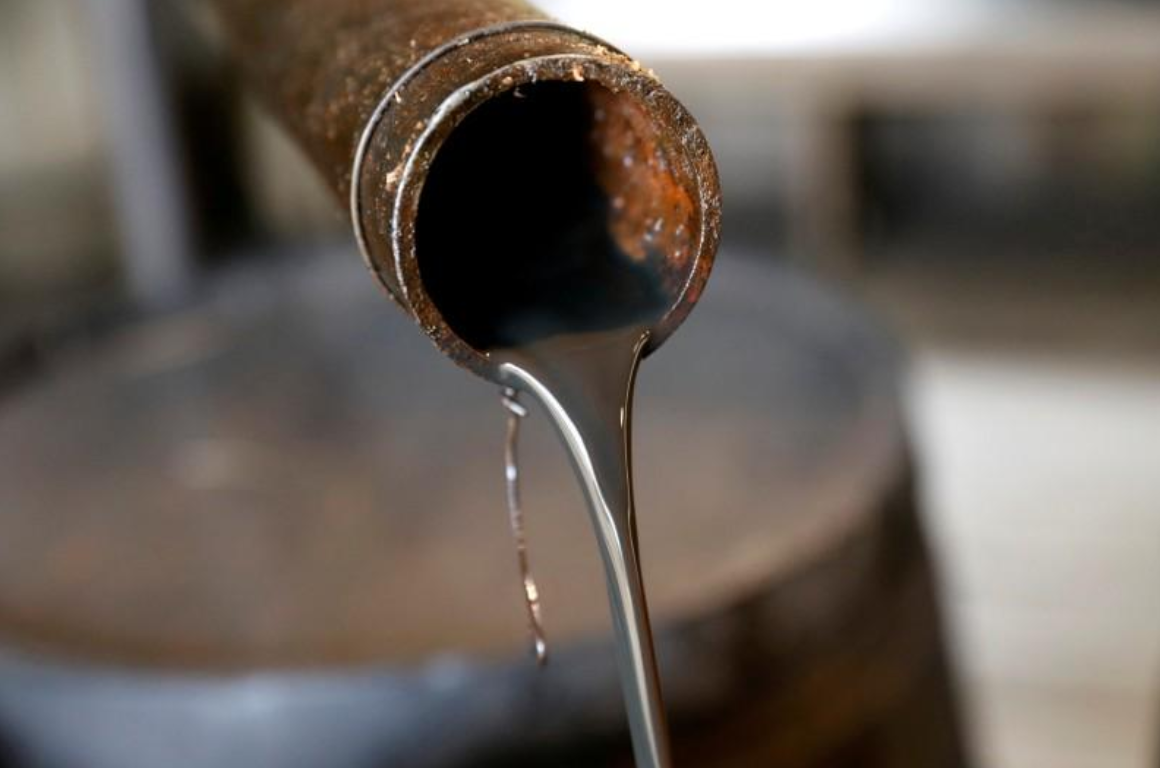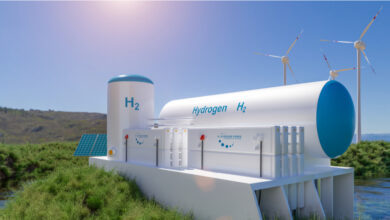Leaders of the world's biggest gas suppliers opened their first summit in the Qatari capital on Tuesday by calling for a fair gas price while Iran, whose president was absent from the ceremony, warned that western taxation will derail the energy market.
"There is an urgent need to achieve stability to the natural gas (industry) … which does not have a fair price yet," said Egyptian Petroleum Minister Abdullah Ghorab.
"This is the cornerstone for developing the gas industry," he told the opening session of the first summit of the 12-member Gas Exporting Countries Forum (GECF).
Algerian President Abdelaziz Bouteflika and the leader of Libya's National Transitional Council, Mustafa Abdel Jalil, were among those attending the one-day summit.
Iranian President Mahmoud Ahmadinejad, who had been expected to represent the Islamic republic "wanted to be here but could not come," his representative, Iranian Oil Minister Rostam Qasemi told the summit.
Qasemi termed the summit "a turning point in the history of the natural gas industry," but blasted taxes against energy exports by western consumers.
Any taxation by consumer countries "will derail the energy market," warned Qasemi, who also said the falling dollar has "negatively affected the world economy."
The summit was opened by Qatar's Emir Sheikh Hamad bin Khalifa al-Thani who called for "innovative solutions" to the challenges facing the gas industry for the benefit of both consumers and producers.
According to organisers, the summit was to discuss "the priority of long-term contracts as the basis of security for exporters and consumers of natural gas."
It will also seek ways to establish a fair price for gas under a gas-to-oil indexation, with the aim of overcoming the disparity between crude oil and gas prices, organizers said.
The leaders would review cross investments and technological collaboration between GECF members.
Besides Oman which was admitted Sunday, the GECF also comprises Algeria, Bolivia, Egypt, Equatorial Guinea, Iran, Libya, Nigeria, Qatar, Russia, Trinidad and Tobago, and Venezuela.
Kazakhstan, Norway and the Netherlands are observers.
Russia is the world's largest gas producer and sits on 30 percent of global reserves, while Qatar is the largest liquefied natural gas (LNG) exporter with a production capacity of 77 million tons a year.
GECF has been working for a fair gas price which its leaders say is the fastest growing energy source, but they deny it aims to control prices or become a cartel like the Organization of Petroleum Exporting Countries (OPEC).
The producers want "a fair price for gas that is linked to an energy commodity, especially crude oil … Gas prices are not yet in parity with oil," Qatar's Energy Minister Mohammed bin Saleh al-Sada told reporters on Sunday.
"Fair prices are determined by demand and production (supply). It is not the duty of this forum to determine prices," he said.
"The summit wants to send a message (to the world) about reliable gas supplies," Sada said.
Gas prices are currently determined either in long-term contracts between sellers and buyers, which some exporters index to oil, or on spot markets.
World gas demand dipped in the wake of the global financial crisis but the GECF says it rebounded last year, rising 7.3 percent, mainly due to Japan boosting LNG imports after its March tsunami and nuclear crisis.
The International Energy Agency estimated last month that around US$10 trillion of investments would be needed in the gas industry until 2035, or about $400 billion a year.




